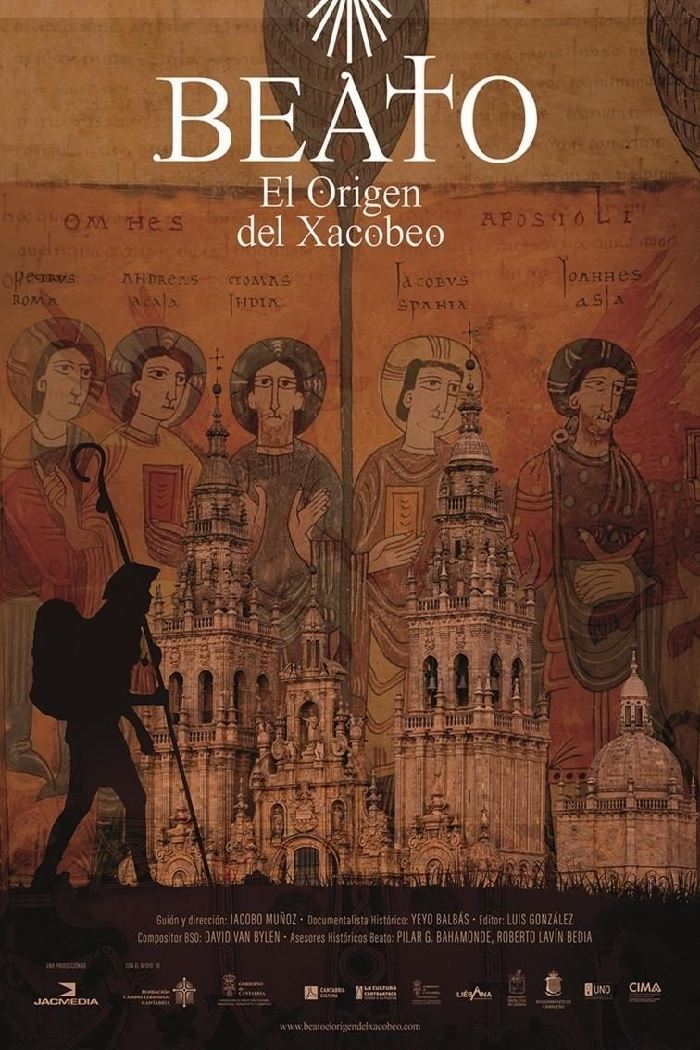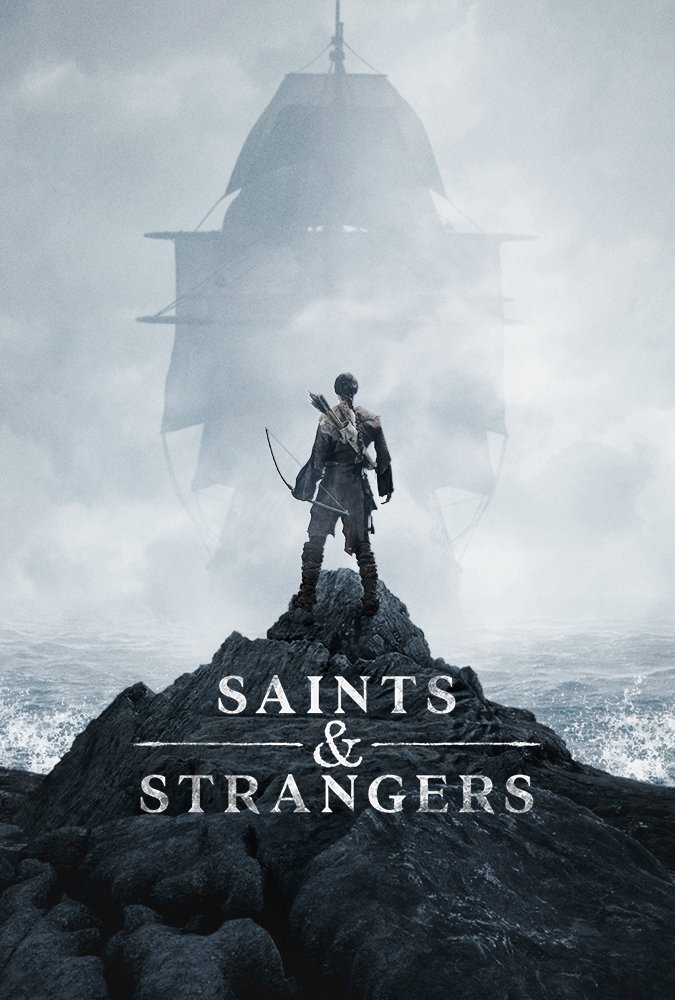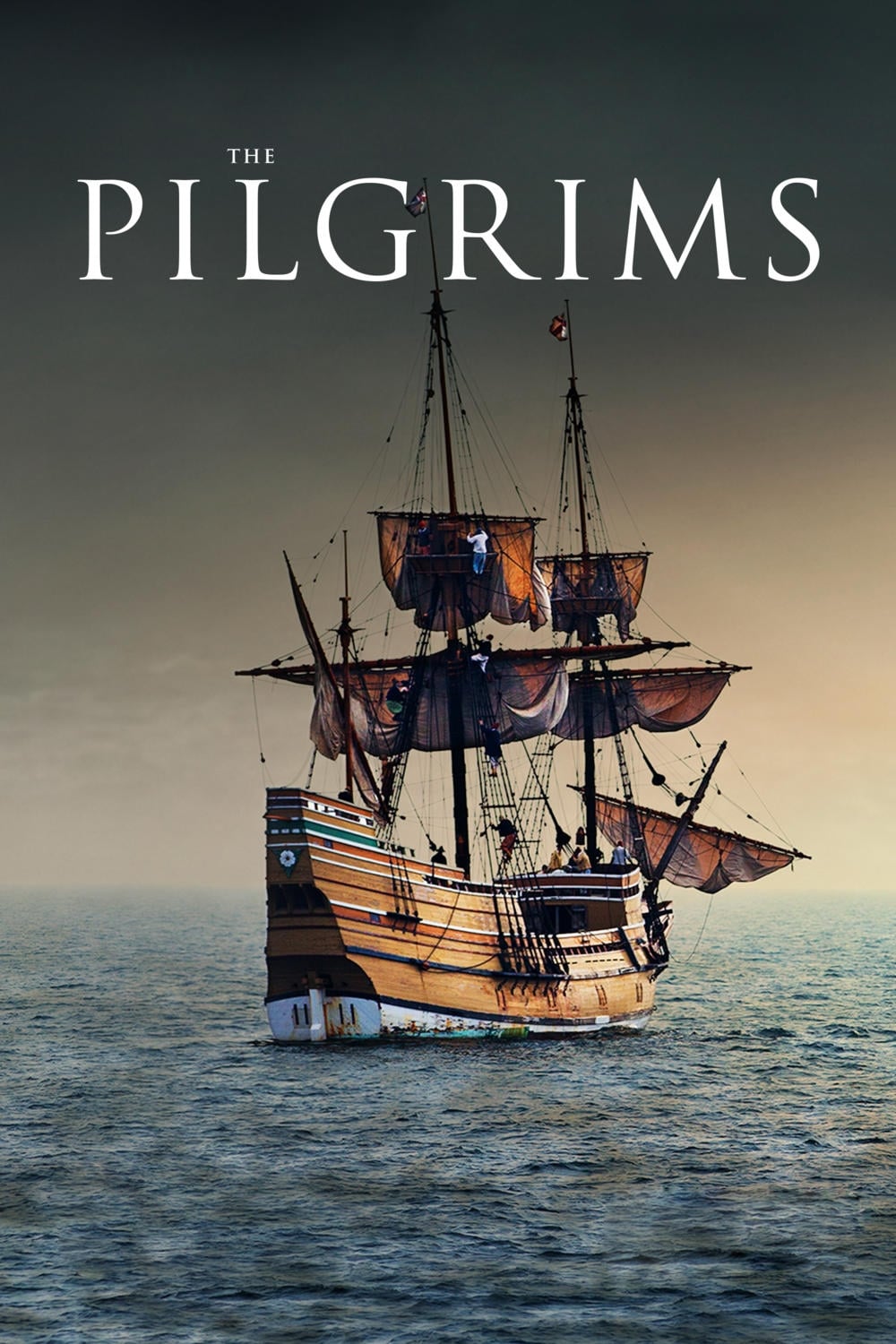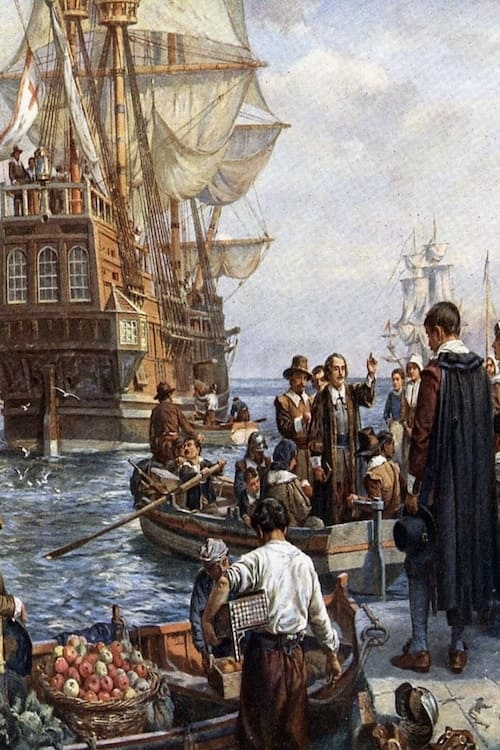

The trials and tribulations of the Mayflower Pilgrims in the New World; men, women and children who sailed on a chartered ship for a place they had never seen.

Arguably one of the most fateful and resonant events of the last half millennium, the Pilgrims journey west across the Atlantic in the early 17th century is a seminal, if often misunderstood episode of American and world history. The Pilgrims explores the forces, circumstances, personalities and events that converged to exile the English group in Holland and eventually propel their crossing to the New World; a story universally familiar in broad outline, but almost entirely unfamiliar to a general audience in its rich and compelling historical actuality. Includes the real history of the "first thanksgiving".

For many Americans, the journey of the Mayflower symbolizes the birth of their nation. To this day, the Pilgrim Fathers are a glorified symbol of American virtue. In search of autonomy and with the desire to preserve their cultural identity, a group of English Puritans left their Dutch refuge in 1620 to set off for the New World. That voyage is not just a tale of a religious community bravely going their own way; the events of those days would have a major impact on the course of modern history. The rules and regulations of the Mayflower Compact that the Pilgrim Fathers, religious sectarians, abided by, became the secular prototype for the constitution of the United States of America; a social contract that would serve as an example for many other national constitutions during the European age of civil society and thereafter.
By browsing this website, you accept our cookies policy.